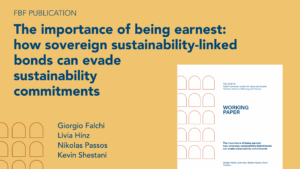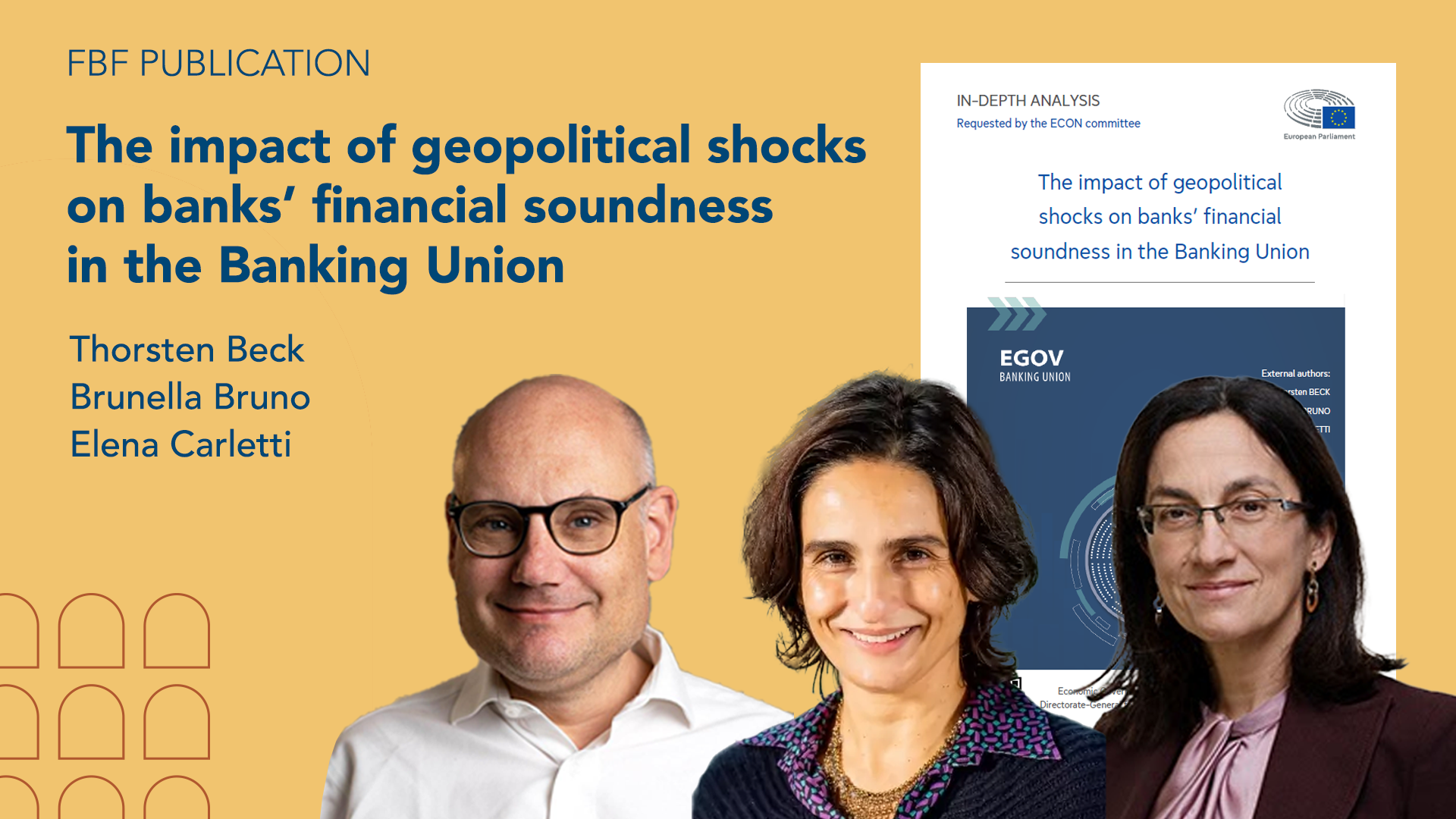Links
Next content
Read more
The importance of being earnest: how sovereign sustainability-linked bonds can evade sustainability commitments
Sovereign sustainability-linked bonds (SSLBs) have emerged as an alternative to sovereign green bonds (SGBs) in Europe and emerging markets. They attempt to address some of the key structural weaknesses of SGBs such as fungibility,...
Geopolitical tensions have emerged as a major source of macrofinancial instability, with conflicts, sanctions, and global rivalries introducing risks that differ from traditional credit or market shocks. These events are difficult to anticipate and propagate through financial markets, the real economy, and operational channels, often amplifying into systemic consequences. Recent research shows that banks reallocate rather than withdraw—cutting cross-border lending but maintaining affiliate activity—while capital requirements calculated at consolidated level may transmit foreign shocks to domestic credit supply. Stronger capital buffers cushion these effects. Overall, major geopolitical shocks raise funding costs, weaken bank stability, and disrupt financial infrastructure, underscoring the need for robust governance, releasable buffers, scenario-based supervision, more coordinated micro and macro prudential regulation, and overall strengthened international coordination.
This document was provided by the Economic Governance and EMU Scrutiny Unit at the request of the ECON Committee.
